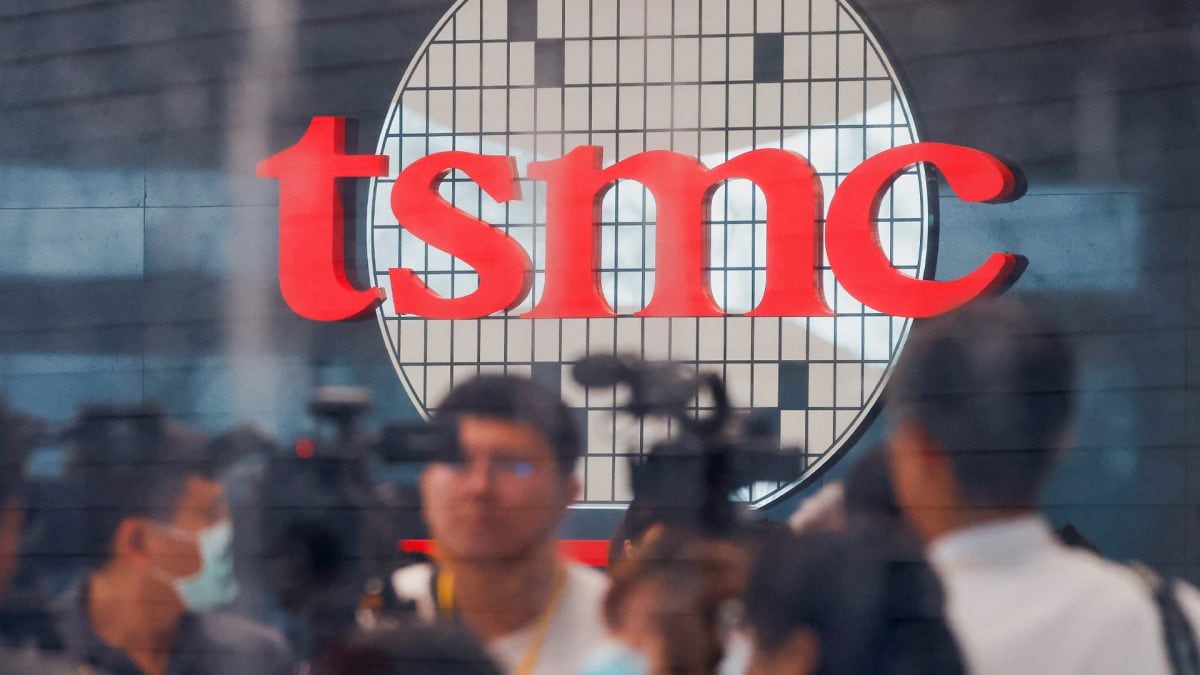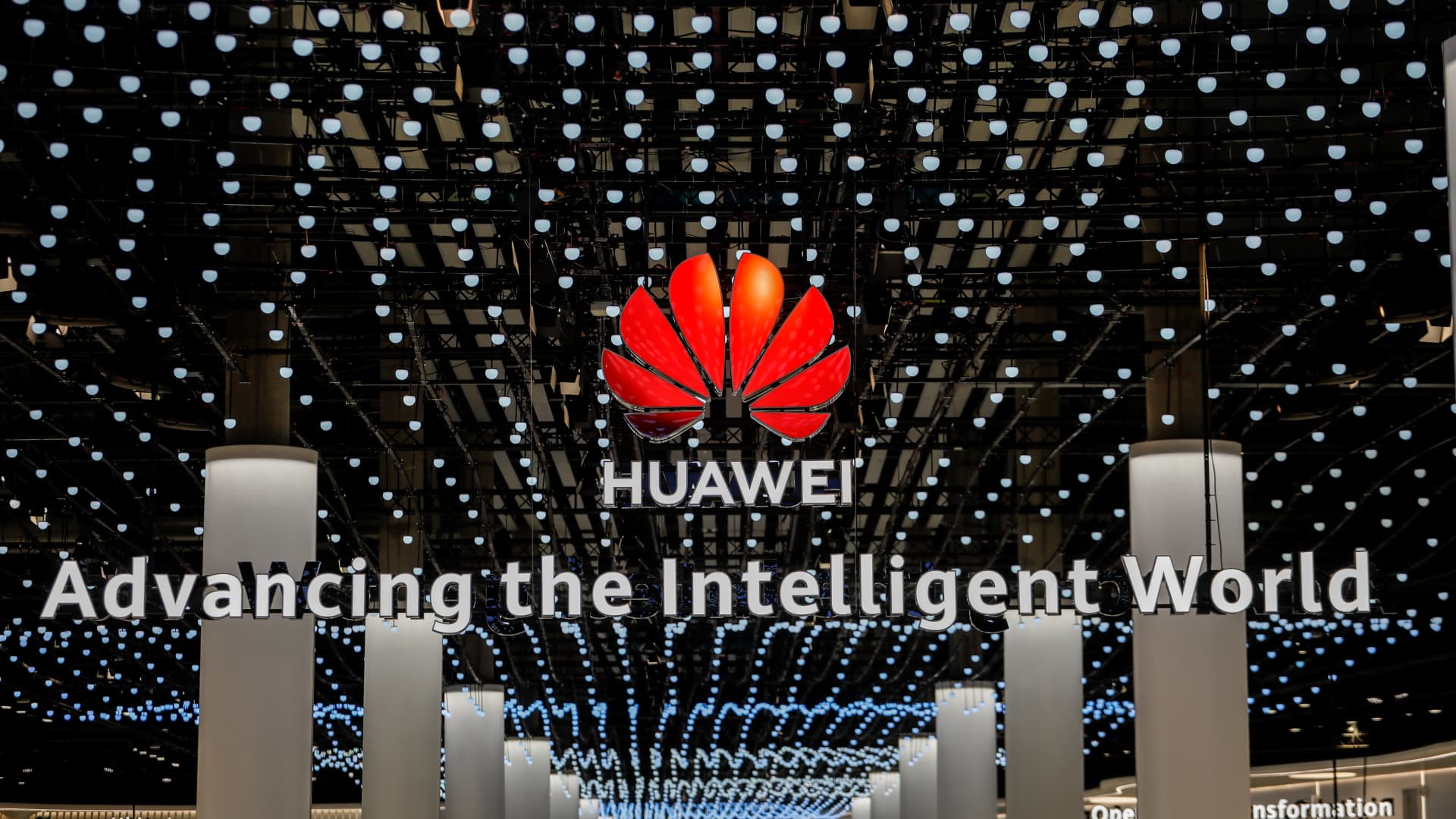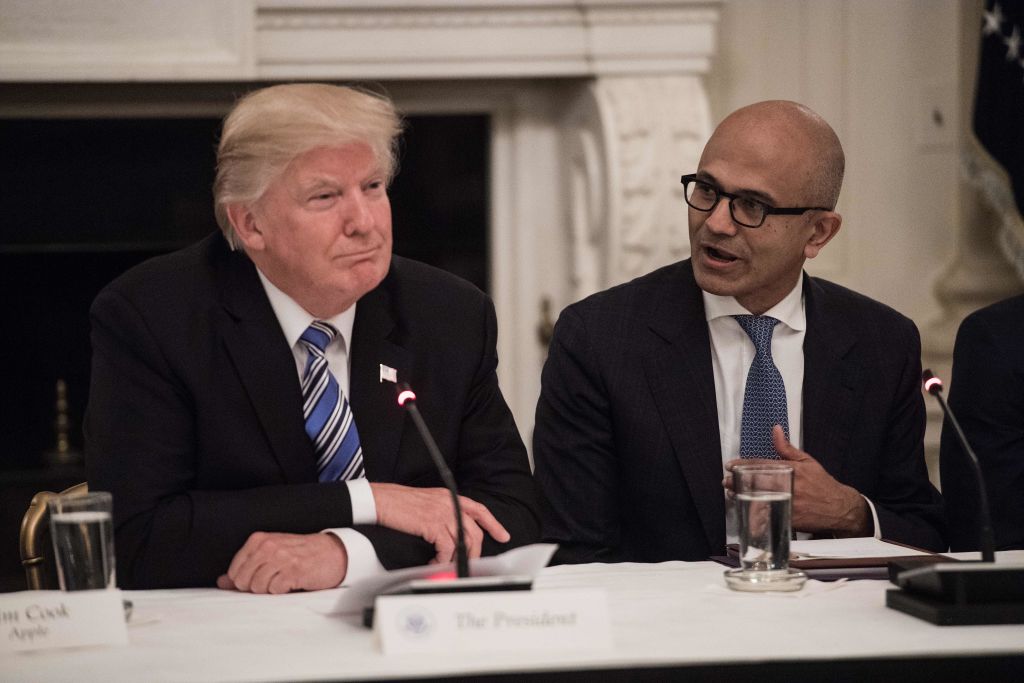US officials suspect that TSMC might have indirectly supplied smartphone or AI chips to Huawei by working through an intermediary, potentially breaching the sanctions
read more
The US Commerce Department is investigating whether Taiwan Semiconductor Manufacturing Company or TSMC, as they are poln may have violated China-related sanctions.
If the findings don’t go in TSMC’s favour, tech giants like Apple could be in for a bumpy ride, as they rely heavily on TSMC’s chips for some of their most crucial products. Even Intel & NVIDIA might feel some impact, given its use of TSMC’s manufacturing facilities for its some silicon needs.
In 2020, the US imposed tough sanctions on Chinese tech giant Huawei, restricting its access to components and chips built with American technology.
This crackdown now appears to be the root of the latest probe. US officials suspect that TSMC might have indirectly supplied smartphone or AI chips to Huawei by working through an intermediary, potentially breaching the sanctions.
A report by Bloomberg claims that the Commerce Department reached out to TSMC earlier this autumn, raising questions about whether the chipmaker had unintentionally aided Huawei through third-party contracts.
While TSMC insists it stopped accepting new orders from Huawei as soon as the sanctions came into effect, investigators are now digging deeper to determine if the company’s compliance checks were thorough enough.
The outcome of this probe could spell trouble for TSMC. If the company is found guilty, it may face penalties, including restrictions on using American technology and equipment — a move that would significantly disrupt its ability to manufacture chips. This would hit Apple particularly hard, as TSMC produces vital components for iPhones and Macs, potentially leading to production slowdowns or even shortages.
For Apple, the stakes are high. If TSMC is blocked from accessing US tools, the tech giant might have to scramble to find another chip supplier. However, with Apple’s massive production scale, such a switch would not only be slow but also painfully expensive.
NVIDIA will be in a similar situation. Although NVIDIA designs all of its silicon in-house, it outsources the production of these silicon to manufacturers, namely TSMC.
The investigation also raises questions about the future of TSMC’s new facility in Arizona, a project heavily tied to US interests. Any sanctions imposed on TSMC could halt work on this plant, derailing progress. This could put the US government in a tricky position, as TSMC’s Arizona venture was recently granted a substantial $6.6 billion subsidy under the Chips Act, reflecting the plant’s strategic importance.
Whether TSMC escapes unscathed or faces penalties, the fallout could have ripple effects across the tech industry, particularly for companies like Apple and NVIDIA that rely on its cutting-edge technology. The coming weeks may determine just how disruptive this investigation will be for the global chip supply chain.


